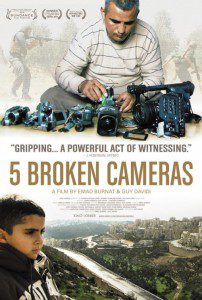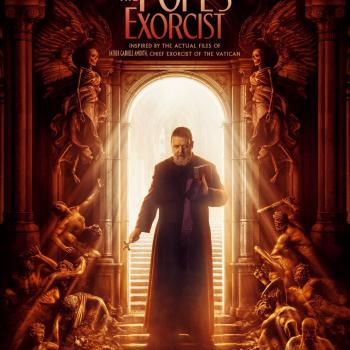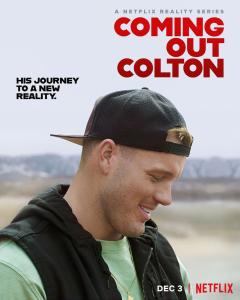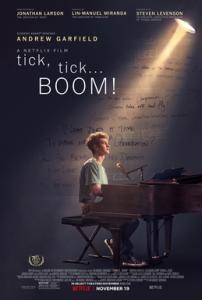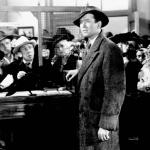This low-budget documentary is about five years, and five cameras, in the life of a Palestinian man, Emad Burna. He bought his first camera to record the birth of his youngest son in 2005. Over the next five years he goes through five cameras as each is destroyed by violence resulting from conflicts over new Israeli settlements that encroach, along with a wall, Burna’s village of Bil’in.
The film kind of goes along at first, setting the scene and creating the context for what will follow. We meet Burna’s wife and children and Phil, a big gentle man, who protests the settlements and the wall that divides the West Bank from Israel. The protesters include children and at least one young man in a wheel chair. The Israeli army comes out to put down the protests. The Palestinians throw rocks at the soldiers and many are arrested over the years in the encounters that follow. When the heavily armed Israeli army – it seems a small convoy – decides to take control and men are killed with no real provocation, it is unexpected, shocking, harrowing, tragic. Later, when Phil is killed, it is too sad for words.
I don’t know a lot about the Israeli army except that all citizens must serve two years upon reaching the age of 18, with some exemptions permitted. The soldiers here look young and many physically unsuited to warfare. Some of the attacks seem impetuous reactions by young men better suited to other occupations. The film does not say (at least I don’t recall) if any soldiers die or are injured over these five years.
“5 Broken Cameras” is guerilla filmmaking; it’s making a movie out of scraps recorded, at first, with the desire of a father to record his child’s birth. At times others take the camera in hand and film Burna when he is arrested and seriously injured. After he will no longer be able to work.
The film was “assembled” by Burna and Israeli co-director Guy Davidi. On the film’s website Burna and Davidi state that they expect criticism for the film, for their partnership. They admit the film is part of the political discourse in the region – but more than that. They hope people will come away with open hearts, inspired.
In an interesting turn of events, Pope Benedict XVI’s visit to Lebanon began on September 14, the day “5 Broken Cameras” opened in the US in limited release. These seemingly unrelated events coincided with growing unrest in the Middle East, much of it predicated on a 14-minute supposed trailer of an anti-Islam film posted on YouTube.
John Allen of the National Catholic Reporter blogged that the Melkite Patriarch Gregorios III Laham told the Pope in his address that “The recognition of a Palestinian state is the most precious good that the Arab world can obtain in all its confessions, Christian and Muslim.” Allen continued, “Officially, the Vatican’s line on the Israeli/Palestinian conflict favors a negotiated two-state solution without unilateral gestures on either side.”
Burna’s five broken cameras are mended by the unity of the film created by the intentional collaboration of the filmmakers, showing that it is possible for Israelis and Palestinians, for all people, to get along. Most of all, this film demonstrates that narrative, story-telling, and art are vital to the peace-making process.
“5 Broken Cameras” offers viewers a motive for prayer and peace-making.

